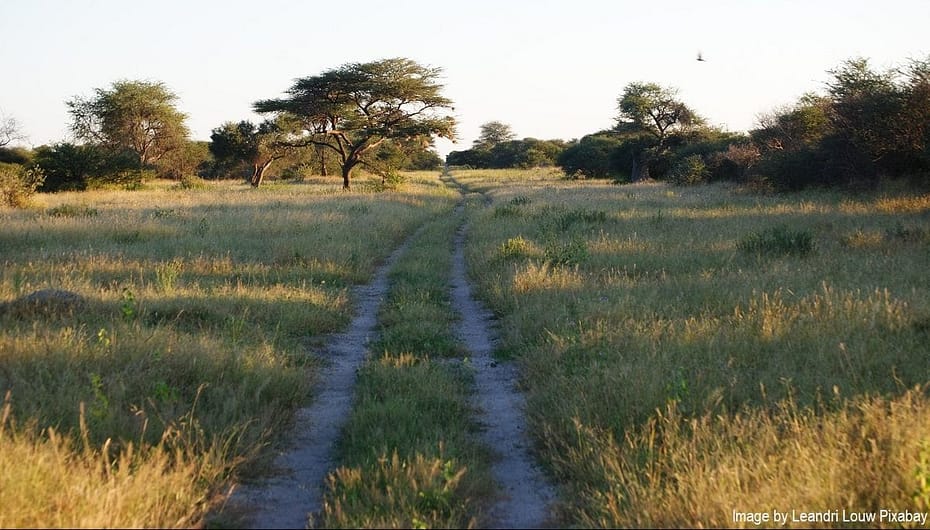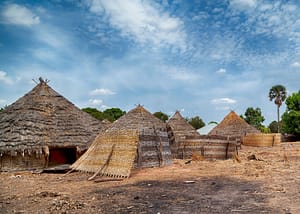Linking Conversation and Conservation in Africa
by Sauleha Rajak
Conservation comes with deep interconnections between human rights and nature preservation. The rights of animals over the rights of humans or the rights of humans overs the rights of animals? How do we strike a balance? What does it mean to act fairly and morally?
Conservation aims to protect our ecosystems, our planet – but at what cost and to whom?
For too long, African communities have been excluded from important conversations, decision-making, and policy development regarding our resources. Outsiders and science have overridden local and indigenous knowledge, practices, and heritage.
We need outside help, but we need you to converse with us, not for us. We acknowledge your attempts to rectify injustices done to us in the past and the present. We see conversations in fora, such as the CBD and IPBES, to combine traditional management with science to be mutually enriching.
We appreciate and humbly accept these.
But if you have our best interests at heart, invest in developing and providing resources in African countries so that we can have the conversations here at home (with you), in Africa, including more local voices.
We welcome your contributions towards our development, but we demand development that does not damage our natural environments, which are already precarious due to ecologically insensitive development, climate change, and misinformation – like that of anti-trophy hunting, which reduces the diversification of our livelihoods.
Regardless of whether you think hunting revenue is “worthless” or “inadequate”, the majority of us are already below the poverty line, so why then are you trying to worsen the situation for us? You force our governments to spend existing funds on anti-trophy hunting measures instead of poverty alleviation, education, and infrastructure. This means we have little choice but to pursue alternate land uses that are more “eco-costly” such as agricultural expansion. Rather than insisting we ban it entirely, you could help us develop more appropriate and humane guidelines for trophy hunting.
Help us find sustainable and prosperous alternatives and educate our people about the meaning and importance of biodiversity and conservation. Without a healthy environment, our well-being is compromised.
What conservation in Africa needs
Let’s have more conversations and healthier debates about nature, wildlife, social justice and human rights. Let’s include our youth and our elders, to have all voices heard. Let’s vote for governments that are accountable, transparent, and willing to fight against the corruption that is tearing us apart, hurting our well-being, progress, development, and our human rights.
The future for Africa’s human and non-human inhabitants requires two-sided conversations, more plan As and plan Bs, more inclusivity, more interdisciplinarity, more holistic approaches, more “agreeing to disagree”, more healthy compromises, better “off-sets”, and more conscious trade-offs.
As part of Africa’s brighter future, I’m committed to building it. Let’s start today.
The views in this article are the author’s own and do not necessarily represent those of Resource Africa.

About the author
Sauleha Rajak (25) is currently a master student at Rhodes University. Sauleha is a geographer having graduated from UKZN Howard College with a BSc in Geography and Environmental Management. She is also a youth activist for the SADC Community Leaders Network and an advocate for the South African Youth Biodiversity Network.
Follow Sauhela on Twitter: @SaulehaRajak
Global Youth Biodiversity Network (gybn.org)
The Youth Forum | UNESCO
EarthEcho International
@UNEP @UNESCO_IPBES @SaulehaRaja



